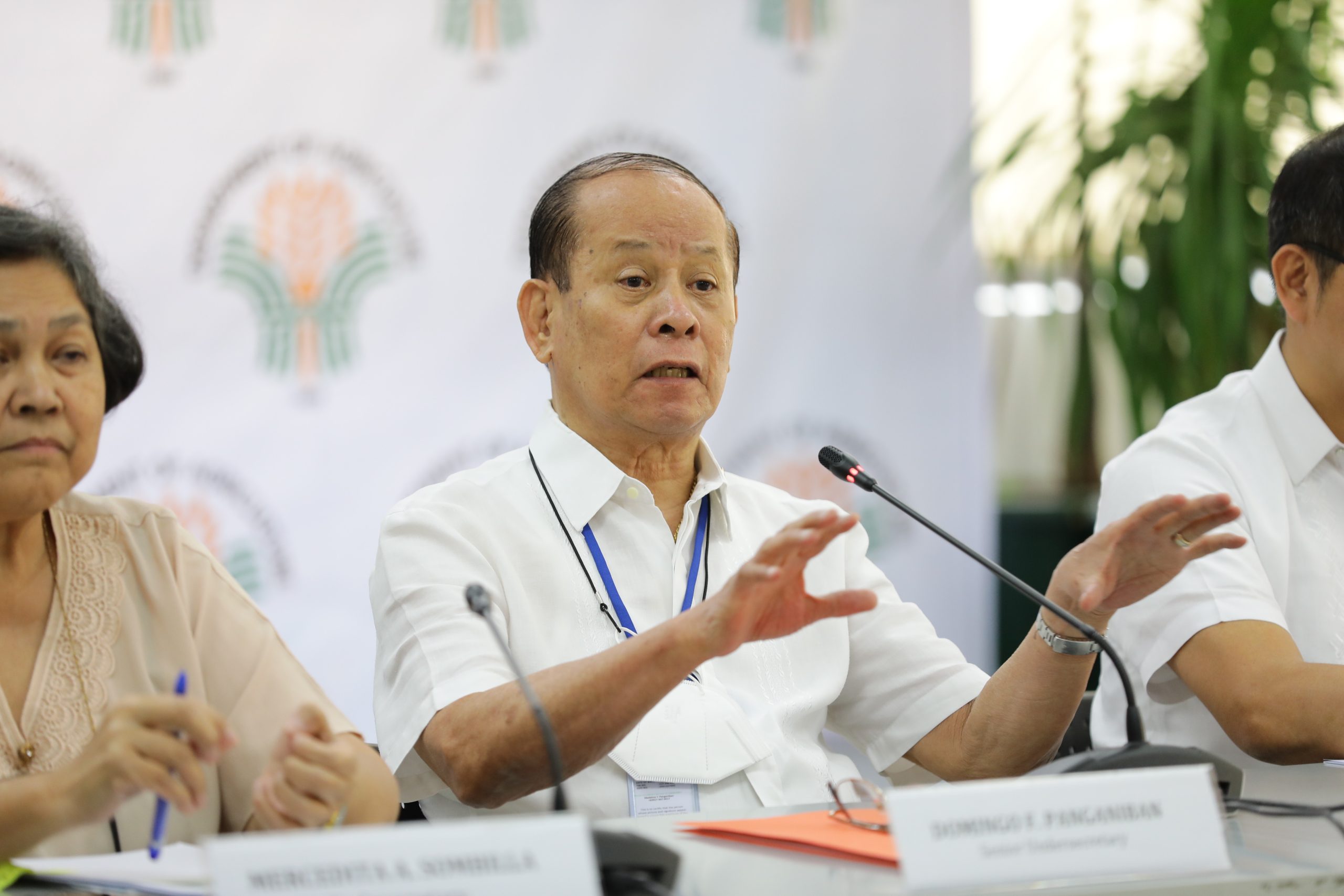
The Department of Agriculture (DA) will not import onions for the remainder of the year as the harvest is expected to begin in the upcoming weeks, Senior Undersecretary Domingo F. Panganiban said during a press conference on December 19, 2022.
Panganiban said onion supply is not enough but the Department is not considering importation, since farmers will begin to harvest in January and February. He added that the DA is mobilizing the Kadiwa program to stabilize prices of onions.
Upon investigation, DA monitored supply from the cold storage facilities.
“We found out that there are smugglers that are keeping their stock in warehouses,” Panganiban said.
Assistant Secretary for Inspectorate and Enforcement James Layug reported that the DA has seized about P500 million worth of smuggled agricultural products in the previous months.
Layug explained that they would file cases to five (5) consignees for violating Republic Act No. 10845 or Anti-Agricultural Smuggling Act.
“We will coordinate with the Department of Justice, with Secretary Remulla, para i-address iyong legal aspect sa pag-curb ng agricultural smuggling activities at mga identified smugglers – pero we still need to work within the law. With all the legal teams that we have right now, we will use it in order to go after them,” Asec. Layug said.
He also urged the public to work with the Department in reporting agri-smugglers.
Based on their data, Layug said around 300 metric tons or 300,000 kilograms of onions seized and confiscated by a composite team composed of the Bureau of Plant Industry (BPI), Philippine Coast Guard (PCG), Philippine Drug Enforcement Agency (PDEA), Manila International Container Port – Customs Intelligence and Investigation Service (MICP-CIIS), National Capital Region Police Office (NCRPO), Philippine National Police’s Criminal Investigation and Detection Group (PNP-CIDG), and the Bureau of Customs (BOC).
For rice, Undersecretary Mercedita Sombilla assured that there will be no supply shortage next year.
“We don’t have shortage of supply. What happens probably is a lower beginning stock of rice,” Usec. Sombilla said.
She added that DA is making every effort to balance importation and increase local production in an effort to stabilize and even reduce the cost of commodities.
The rice program will have an additional P4.1 billion for its fertilizer subsidy program. DA is still carefully determining how much will go to organic and inorganic fertilizer.
The agency is working to finalize the purchase of fertilizers through a government-to-government arrangement by January, which will be distributed through fertilizer vouchers. ### (Kristel Joyce Merle, DA-AFID)















